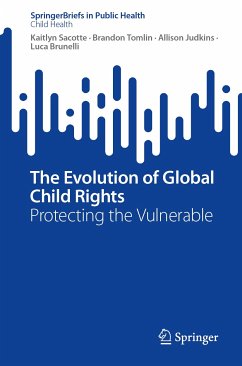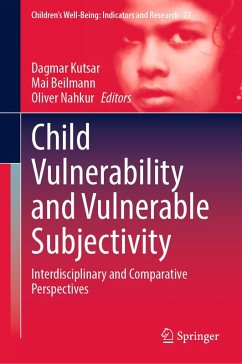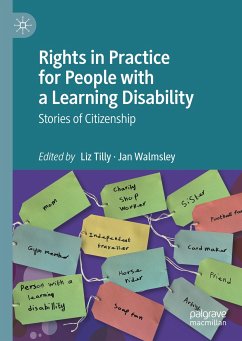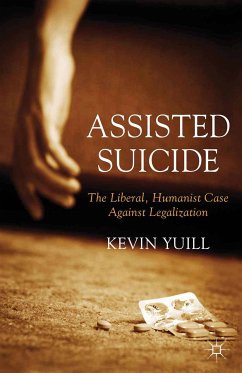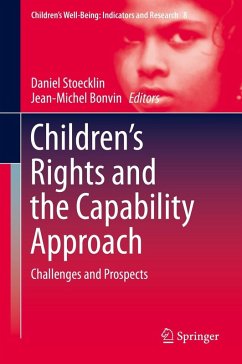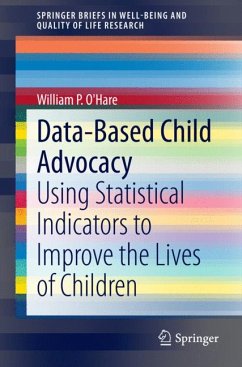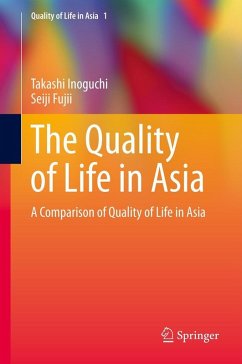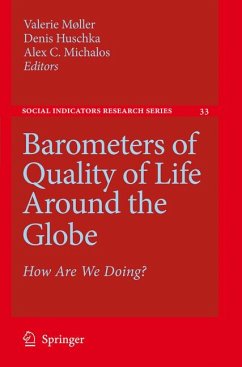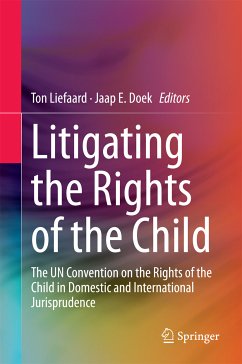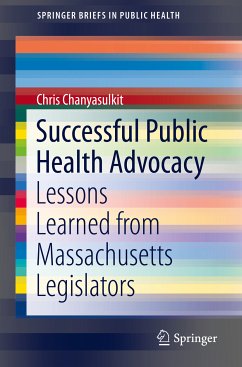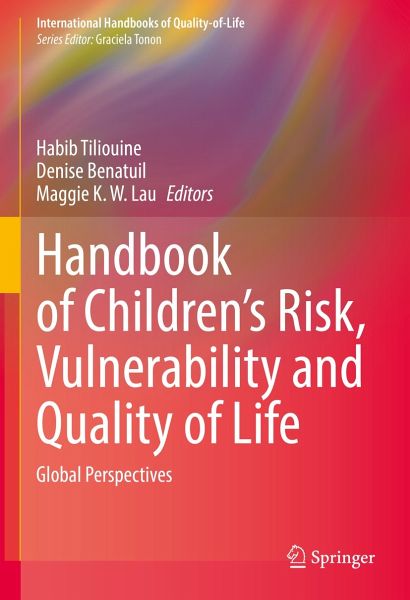
Handbook of Children's Risk, Vulnerability and Quality of Life (eBook, PDF)
Global Perspectives
Redaktion: Tiliouine, Habib; Lau, Maggie K. W.; Benatuil, Denise
Versandkostenfrei!
Sofort per Download lieferbar
175,95 €
inkl. MwSt.
Weitere Ausgaben:

PAYBACK Punkte
88 °P sammeln!
This handbook makes a major contribution to the growing international research and policy interest in children's experienced well-being or quality of life in childhood, linking it to ongoing research on children's risk and vulnerability. The editors and contributors adopt the broader concept of 'risk' in addition to 'vulnerability'. Not much work considers the connections between risks that children experience and their quality of life. In examining children's quality of life, the chapters discuss various issues of risk and vulnerability that may affect their lives and also how the quality of ...
This handbook makes a major contribution to the growing international research and policy interest in children's experienced well-being or quality of life in childhood, linking it to ongoing research on children's risk and vulnerability. The editors and contributors adopt the broader concept of 'risk' in addition to 'vulnerability'. Not much work considers the connections between risks that children experience and their quality of life. In examining children's quality of life, the chapters discuss various issues of risk and vulnerability that may affect their lives and also how the quality of childhood might be enhanced and maintained even in the face of these factors. The chapters discuss experiences of violence and abuse; access to basic services such as housing, health and education; and children's vulnerability due to broader external factors such as war, conflict, and environmental events. The volume also includes the impacts of new technologies on children and the consequent risks and vulnerabilities they may face, alongside the benefits.
This important volume brings together a diverse range of perspectives from established experts and emerging scholars in these fields of work. It covers a wide range of geographical and cultural contexts, and includes theoretical, empirical, policy and practice-based contributions. This handbook is a natural first point of reference for academics and policy professionals interested in quality of life, well-being, and children's rights.
This important volume brings together a diverse range of perspectives from established experts and emerging scholars in these fields of work. It covers a wide range of geographical and cultural contexts, and includes theoretical, empirical, policy and practice-based contributions. This handbook is a natural first point of reference for academics and policy professionals interested in quality of life, well-being, and children's rights.
Dieser Download kann aus rechtlichen Gründen nur mit Rechnungsadresse in A, B, BG, CY, CZ, D, DK, EW, E, FIN, F, GR, HR, H, IRL, I, LT, L, LR, M, NL, PL, P, R, S, SLO, SK ausgeliefert werden.



